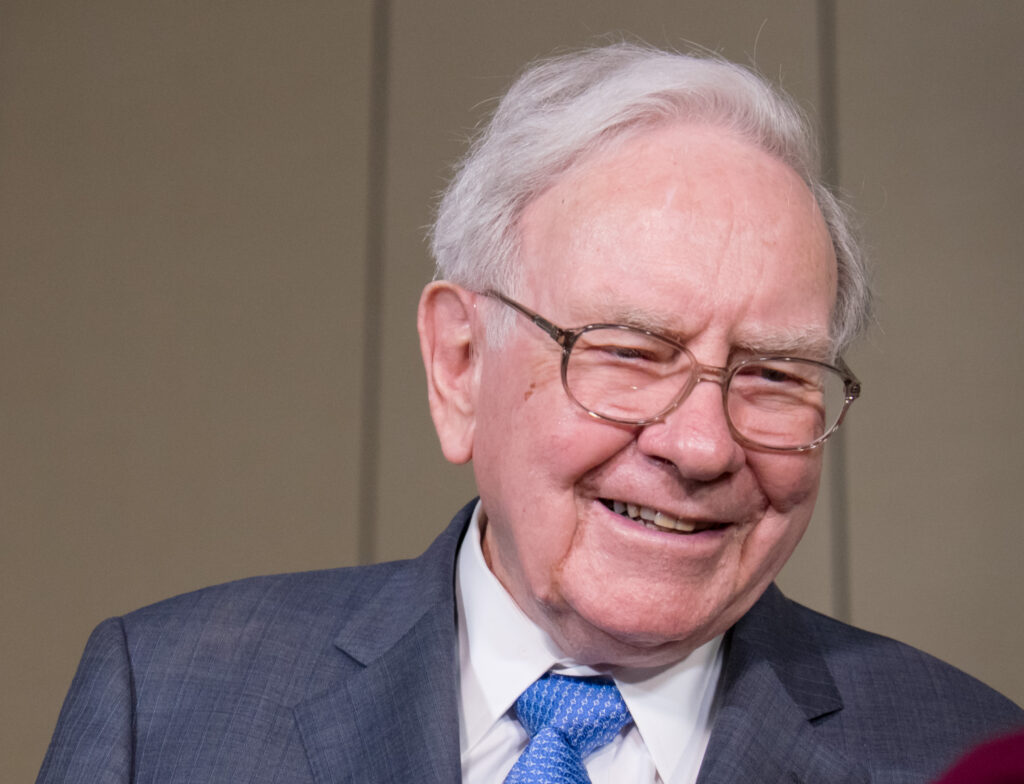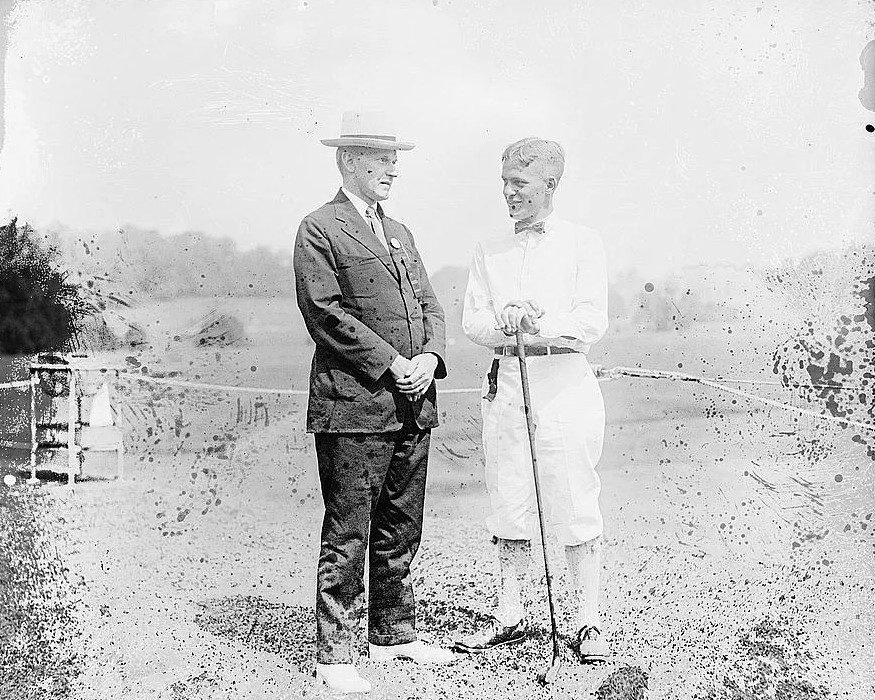When To Praise.
It seems odd that we often wait until someone has died to adequately praise them or to adequately cite their style or accomplishments. Let someone famous pass away, and there will be hundreds, if not thousands, of articles about them. They will be recognized on the news, and then someone, or many, will write biographies about them.
Warren Buffett is a well-known international figure: an investment icon. I believe he will be one of those who greatly will be praised when he passes away. It is my hope he makes it to at least a 110 since I admire his style, his investment acumen, and his annual report. I thought about putting this piece aside and publishing this blog when Mr. Buffet does pass away, but I am afraid it will be swamped by all the other articles that will be written.
On business shows, talking heads must tell if they have shares in an investment before they offer an opinion. I need to be transparent; I own shares in Berkshire Hathway and have benefited from Mr. Buffett’s wisdom. My portfolio includes several hundred shares of the stock, but my shares are the least expensive Class B shares, worth a few hundred dollars, not the Class A shares worth hundreds of thousands of dollars.
Meeting Mr. Buffett.
My Role. I do not hold Berkshire Hathaway shares because of Mr. Buffett’s investment success, but because of an encounter we had in Charlotte, North Carolina, more than 15 years ago. (I base most of my investment decisions on the quality (values) of a company's management, not just the financial results of a company.) At the time, Bank of America sponsored a seminar for executives, which Mr. Buffett attended. Obviously, he was a significant draw. The bank invited me to the dinner. I was not an executive at the time but was dean of the Belk College of Business at UNC Charlotte. My invitation was tied to my leadership role, not my skill set, expertise, or importance. The chancellor of UNC Charlotte had made this clear to me when he appointed me dean; he told me never to confuse who I was with being dean. There would always be another dean.
Confidence. Several things impressed me about Warren Buffett. First, he was calm and self-assured. I have been around hundreds of CEOs, many of whom headed Fortune 500 companies. I never met another CEO who was so self-effacing. When he entered the dinner, he was the center of attention, not because he wanted to be but because he had earned it. If anything, he almost seemed to shy away from the attention. Mr. Buffett reminds me of the former head of the Federal Reserve, Ben Bernanke. Both have a calm air of self-assurance.
I was seated at Mr. Buffett’s table. I was at the far end of the table, being far too unimportant to sit next to him or even near him. Other than occasionally speaking to the person on my right and left, I refrained from making comments following the Mark Twain admonition, “It is better to keep your mouth closed and let people think you are a fool than to open it and remove all doubt.” (It should be noted others have made similar statements.) My silence was also a function of being awe-struck around so many financial dignitaries.
Listening.
Mr. Buffett ate his meal. I waited for some financial pearls of wisdom to pour out. None came. In fact, he said very little, and when he did comment, his words were succinct and to the point. He often answered questions with questions. The dinner ended. I had learned very little. If anything, I learned more from the other people at the table than I did from Mr. Buffett. I was disappointed I did not hear him espouse something at least as insightful as his annual letter to stockholders.
The seminar went on for another day. I paid little attention to what was said, focusing on my disappointment in Mr. Buffett. Now, you are probably way ahead of me. You know how this blog ends. Or maybe not.
After the seminar ended, I returned to my office at the university. I pushed paperwork around my desk and pondered some tenure and promotion cases that would be coming my way. Then I realized what Mr. Buffett had given me; he had given me a post-doctoral course in management. When you are the most important and perhaps the most insightful person in a room, it is better to listen than to speak. He would have learned nothing by talking; he learned a lot by listening. He heard what was on the minds of some very successful and vital CEOs who controlled businesses whose stock he might have wanted to purchase.
We Often Avoid the Obvious.
I do not know about you, but as a business leader, I used to want to be the center of attention and do the talking or at least control a conversation. We all know that listening is usually better, but it is hard to control our tongues. I have changed. After that evening with Mr. Buffett, I often used his technique, not because I was important but because I learned so much by listening. In the spirit of full disclosure, I still struggle with wanting people to focus on me and what I have to say.
When Mr. Buffett passes away, I hope many years from now, much will be written about him. There will be efforts to replicate his business model, to talk of his steady-as-you-go approach, and to discuss how the mold was broken when he was made. For me, I will remember the reserved man who respected others enough to listen. In private with friends, at his office, during interviews, or in his home, he may be far more loquacious, but that evening I attended, he was a role model.
New Degree.
When I received my doctorate and was hooded, I assumed that a tsunami of wisdom would wash over me, bestowing me with great insight. I would instantly be brilliant or at least wise. It did not happen, but indeed, being in the presence of Mr. Buffett granted me the wisdom that my graduate studies had not. I now have my highest and most crucial doctoral degree, a D.L. (doctorate in listening). I encourage you to get this degree if your personality allows you to accept it.
If you have not read the blog that describes the "However View," click here.






